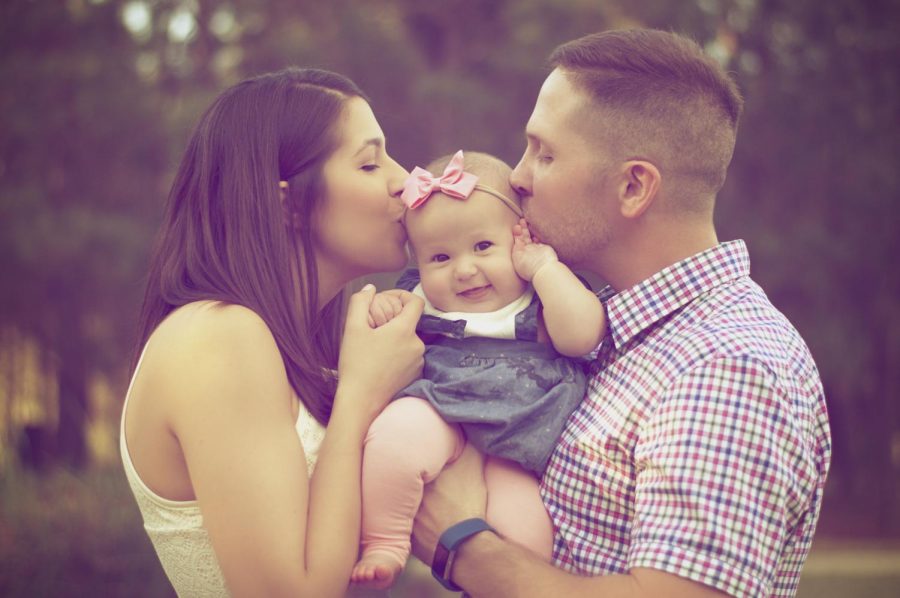Would You Design Your Baby?
Science has advanced vastly, and now many couples who could not conceive normally, can have their own babies through in vitro fertilization. This process enables them to have their own healthy biological children. Postnatal diagnosis has allowed parents to discover probable disabilities, such as Down Syndrome and has given the right to abort, keep the fetus, or simply prepare themselves for their upcoming child. But that’s all the old news. For past few decades, science has been exploring new areas, and now parents can now choose their babies! Yes, the process of preimplantation genetic diagnosis (PGD) now allows parents to engineer their kids in a way that they can avoid the inheritance of any genetic disorder.
Done through in vitro fertilization, PGD is a treatment which involves checking the genes or chromosomes of your embryos for a specific genetic condition. Embryos which have been tested, and are free of the condition, will be placed back into the mother’s womb to hopefully continue to develop. This technique can also be used to select specific genders. Other techniques involve CRISPR, which are acutely precisely in editing and cutting away a gene, and the specific gene would not be inherited by the future off-springs of the embryo. Babies born though this way are called designer babies, as they have been genetically modified. However, until now these techniques have been used to remove or modify the genes that could pass on serious hereditary diseases like Huntington’s Disease. In addition, scientists now say that tomorrow they might be able to manipulate the babies’ DNA according to the parent’s desires, such as enhanced academic capabilities or simply, an inheritance of blue eye color. But concerns and questions have been raised against designer babies and many opponents have foreshadowed a future of “scarily perfect” generations, whereas those in favor regard these techniques as inevitable advancements and support the decision of parents to have a control over the fate of their children.
Those against the notion of designer babies argue that the gene editing would not just stop to the removal of certain disease coding genes, but in future parents, would start paying doctors to choose the sex of their children or determining their children’s academic or athletic dispositions, and this is like playing God and going against nature. Furthermore, they argue that it would create an utter dysfunction in society, as these procedures are costly and the rich would begin to take away the less privileged people’s rights to compete in areas of education, athletics or aesthetics, thus resulting in an unfair world. It would also be unfair to the future generations whose lives might be pre-determined by their parents and might have high expectations from their parents to succeed in the society.
The science is exciting. Therefore, many favor these procedures, because why not have less problems than we have today? Health risks could be reduced, obesity could be combated along with other dilemmas of today’s world. The supporters say that the government does not have the right to interfere in the reproductive matters, neither would the ban on these techniques work since people would go for illegal methods. Parents should be allowed to want better lives for their kids and those who do not agree, simply do not have to go for these procedures.
Ethical or not, science and morals have never really gone well. Often despite objections, science has advanced and new researches have always continued to happen, but often go under checks by the ruling governments. Beliefs are rather limited to individuals, and therefore can not be implemented on science. Should scientists be bound by laws, to carry out what could be declared illegal? Many say babies of today would not be ‘designer babies,’ but who knows about tomorrow?

